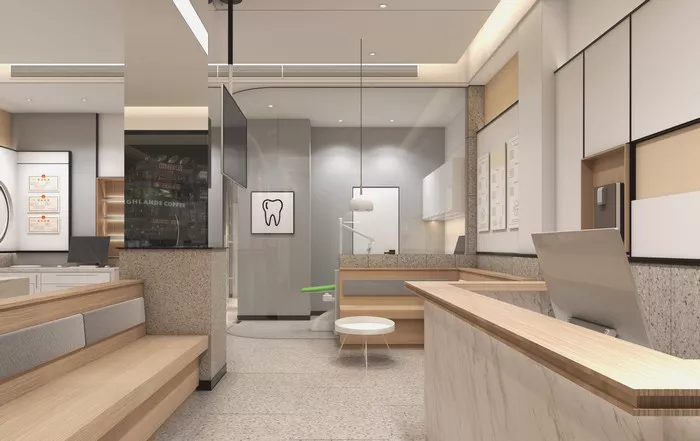What is a good diastolic blood pressure for seniors? This question lies at the heart of cardiovascular health concerns for the elderly population. As individuals age, the importance of maintaining optimal blood pressure levels becomes increasingly crucial to prevent the onset of various cardiovascular issues. Diastolic blood pressure, the lower number in a blood pressure reading, represents the pressure in the arteries when the heart is at rest between beats. In this comprehensive guide, we delve into the significance of diastolic blood pressure for seniors, exploring the ideal range, potential risks associated with deviations, and practical tips for maintaining cardiovascular health in the golden years.
I. The Basics of Blood Pressure
To comprehend the significance of diastolic blood pressure for seniors, it is essential to first understand the basics of blood pressure. Blood pressure is typically expressed as two numbers: systolic (the higher number) and diastolic (the lower number). The systolic pressure measures the force of blood against artery walls when the heart beats, while diastolic pressure gauges the force when the heart is at rest between beats. A normal blood pressure reading is usually around 120/80 mm Hg, with the diastolic pressure being the second number in the sequence.
II. The Aging Process and Blood Pressure
As individuals age, physiological changes in the cardiovascular system can affect blood pressure. Arteries may become stiffer, and blood vessels may lose some of their elasticity, leading to an increased resistance to blood flow. This natural aging process often results in a rise in blood pressure, making seniors more susceptible to hypertension. Understanding these age-related changes is crucial for assessing what constitutes a good diastolic blood pressure for seniors.
III. Ideal Diastolic Blood Pressure Range for Seniors
Determining the ideal diastolic blood pressure range for seniors involves considering various factors, including overall health, existing medical conditions, and lifestyle. Generally, a diastolic blood pressure reading of 60 to 80 mm Hg is considered normal for seniors. However, individual variations exist, and healthcare professionals may tailor their recommendations based on a person’s unique health profile.
IV. Risks Associated with High Diastolic Blood Pressure
Seniors with elevated diastolic blood pressure face an increased risk of cardiovascular complications. Prolonged hypertension can lead to conditions such as heart disease, stroke, and kidney problems. Understanding the potential risks associated with high diastolic blood pressure is vital for seniors and their healthcare providers to implement effective preventive measures.
See Also: What Is the Lowest Value of Normal Blood Pressure?
V. The Impact of Low Diastolic Blood Pressure
While high diastolic blood pressure is a concern, low diastolic blood pressure can also pose risks for seniors. Hypotension, or abnormally low blood pressure, may result in dizziness, fainting, and a lack of blood flow to vital organs. Maintaining a delicate balance is essential, and seniors should be aware of the potential consequences of both high and low diastolic blood pressure.
VI. Individualized Approaches to Blood Pressure Management
Recognizing that each senior’s health situation is unique, healthcare professionals adopt individualized approaches to blood pressure management. Factors such as pre-existing medical conditions, medications, and lifestyle choices are considered when determining the appropriate target range for diastolic blood pressure.
VII. Lifestyle Modifications for Blood Pressure Control
Achieving and maintaining a good diastolic blood pressure for seniors often involves lifestyle modifications. Dietary changes, regular exercise, stress management, and adequate sleep play pivotal roles in controlling blood pressure. Seniors are encouraged to adopt heart-healthy habits to enhance overall cardiovascular well-being.
VIII. Medication Management for Seniors
In some cases, lifestyle modifications may not be sufficient to control blood pressure, and medications may be prescribed. It is crucial for seniors to work closely with their healthcare providers to find the most suitable medication regimen, considering potential side effects and interactions with other medications.
IX. Regular Monitoring and Check-ups
Regular monitoring of blood pressure is essential for seniors to detect any deviations from the optimal range early on. Routine check-ups with healthcare providers allow for timely adjustments to treatment plans, ensuring that blood pressure remains within a healthy range.
X. The Role of Support Systems
Maintaining good diastolic blood pressure for seniors is a collaborative effort. Family members, caregivers, and healthcare professionals play integral roles in providing support, encouragement, and assistance in adhering to lifestyle changes and medication regimens. Building a strong support system is crucial for seniors to navigate the complexities of blood pressure management successfully.
Conclusion
In conclusion, understanding what constitutes a good diastolic blood pressure for seniors is essential for promoting cardiovascular health in the aging population. By comprehending the ideal range, potential risks, and adopting a holistic approach to blood pressure management, seniors can enhance their quality of life and reduce the likelihood of cardiovascular complications. Regular monitoring, lifestyle modifications, and a supportive environment are key components in the journey towards maintaining optimal diastolic blood pressure levels for seniors.
Related Topics:
What Is a Good Diastolic Pressure?
Blood Clots in Legs: Symptoms and Risks
What is Good for Gallbladder Pain?


